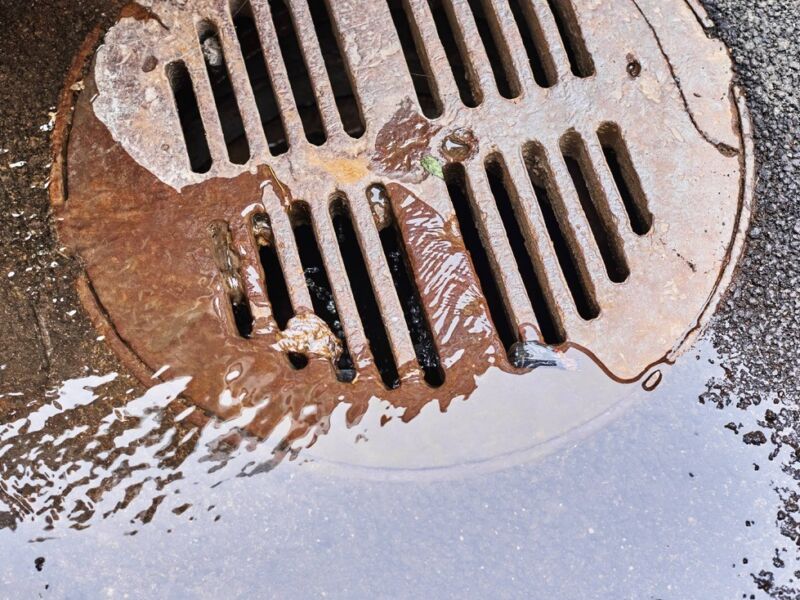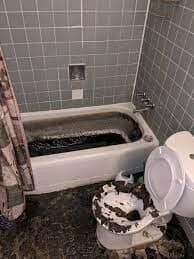
The Impact of Sewage Backup on Water Pollution
Sewage backup can have a significant impact on water pollution, posing serious threats to both the environment and public health. When sewage backs up into the water supply, it releases harmful contaminants and pathogens that can contaminate drinking water sources, recreational waters, and ecosystems.
1. Contaminants Released from Sewage Backup

Sewage backup contains a variety of contaminants, including bacteria, viruses, parasites, heavy metals, pharmaceuticals, and chemicals. These pollutants can have detrimental effects on aquatic life and human health.
When sewage reaches bodies of water, it can lead to oxygen depletion, making it difficult for fish and other aquatic organisms to survive. The excess nutrients in sewage, such as nitrogen and phosphorus, can also cause harmful algal blooms and eutrophication, further degrading water quality.
2. Health Risks Associated with Sewage Backup
Exposure to sewage-contaminated water can result in various health risks. Pathogens present in sewage, such as E. coli, Giardia, and Hepatitis A, can cause gastrointestinal illnesses, skin infections, respiratory problems, and other diseases. Additionally, contact with sewage can lead to the transfer of antibiotic-resistant bacteria, exacerbating the issue of antibiotic resistance.
In areas where sewage backup is frequent or persistent, there is an increased risk of waterborne disease outbreaks. This can have severe consequences for communities, especially those lacking access to clean water and proper sanitation facilities.

3. Remediation and Prevention of Sewage Backup
Effective sewage backup remediation is essential to prevent further water pollution and mitigate the associated health risks. The following measures can be taken:
- Sewage Cleanup and Removal: Professional sewage cleanup services should be contacted to safely and efficiently remove the sewage and contaminated materials. This includes thorough cleaning and decontamination of affected areas.
- Repairing the Source of Backup: Identifying and addressing the underlying cause of sewage backup, such as a clogged sewer line, damaged pipes, or a malfunctioning septic system, is crucial to prevent future incidents.
- Water Treatment and Testing: Affected water sources, including wells and public water supplies, should be tested for contamination and treated appropriately to ensure they meet regulatory standards for safe drinking water.
- Educating the Public: Public education campaigns can raise awareness about the importance of proper waste disposal and maintenance of plumbing systems to prevent sewer backups.
Frequently Asked Questions (FAQ)
What are the health risks associated with sewage backup?
How can sewage backup be remediated?
Contact Water Damage Restoration Pros of Las Vegas
If you require emergency sewage cleanup or water damage restoration services, contact Water Damage Restoration Pros of Las Vegas at 725-210-8500. They specialize in sewer backup remediation and are available 24/7 to address water damage issues.
For more information about their services, visit their website.


